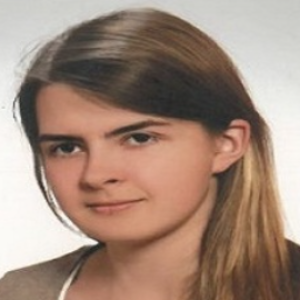Title : Controlling the regio- and stereoselectivity of hydrosilylation reaction catalyzed by platinum(0) complexes bearing bulky N heterocyclic ligand
Abstract:
Hydrosilylation, which usually refers to addition of silanes to double or triple C-C bounds, is one of the most powerful synthetic methods of production organosilicon compounds. This reaction gives possibility for simple functionalization of many organic compounds and for synthesis wide spectrum of silanes derivatives. Although there are many different catalytic systems characterized by good activity, regio- and stereoselectivity still remains as a great problem of this process. The reaction can lead to a several different products and can also be accompanied by several side-processes like hydrogenation, isomerization, dehydrogenative silylation, olefin oligomerization or redistribution of silanes. The number of potential products increases when we use secondary silanes instead of tertiary, because of the possibility of bis-hydrosilylation. The situation gets also more complicated when we use substrates containing more functionality which can react, for example enynes, dienes or diynes.
Presented research deals with the problem of selectivity of the hydrosilylation reaction. Using platinum (0) complex bearing bulky N-heterocyclic carbene ligand and by careful tuning of the reaction conditions such as temperature and substrates ratio, we were able to control course of the reaction and obtain desired products with good yields and selectivity. The research concern hydrosilylation of terminal acetylenes with disubstituted silanes as well as hydrosilylation of dienes, diynes and enynes with trisubstituted silanes.



